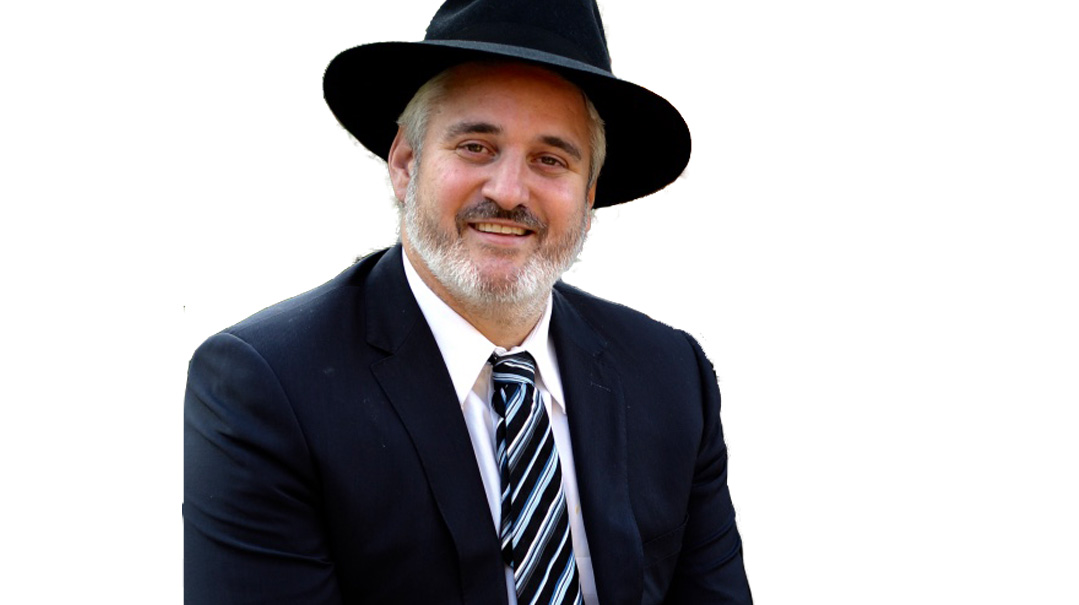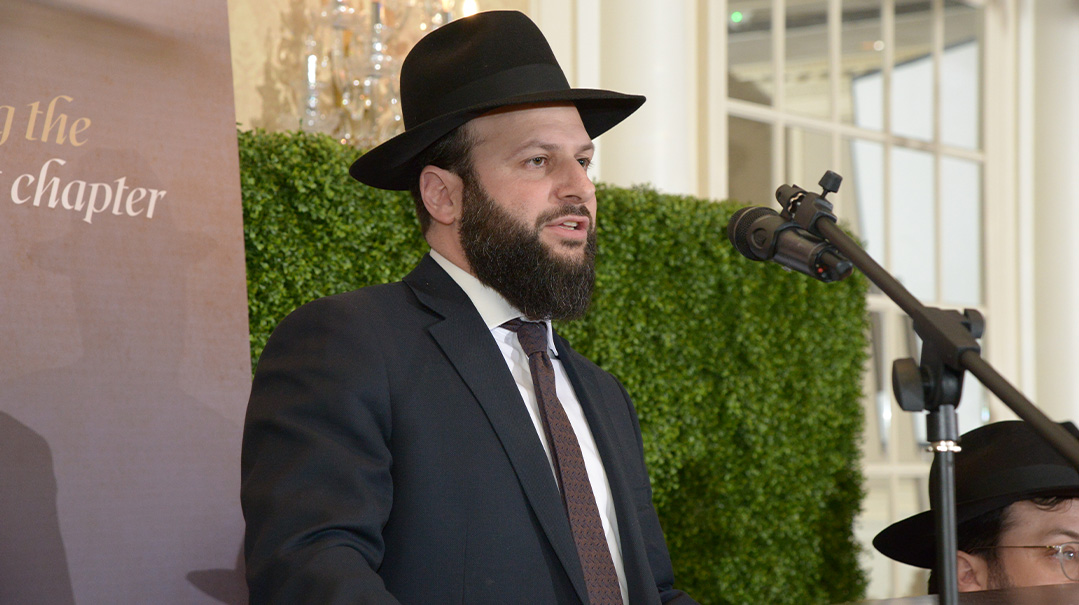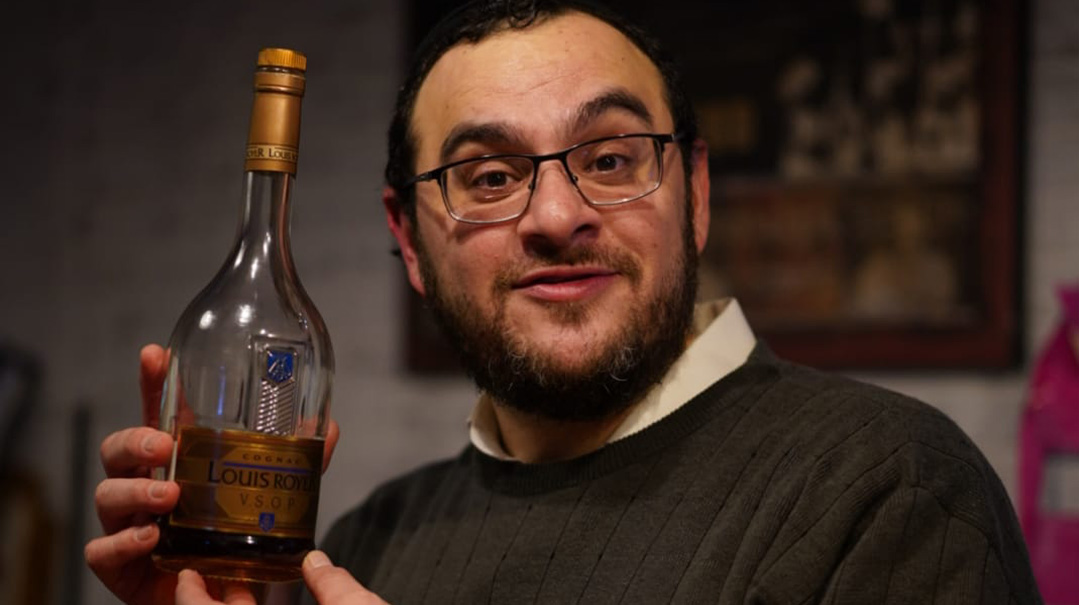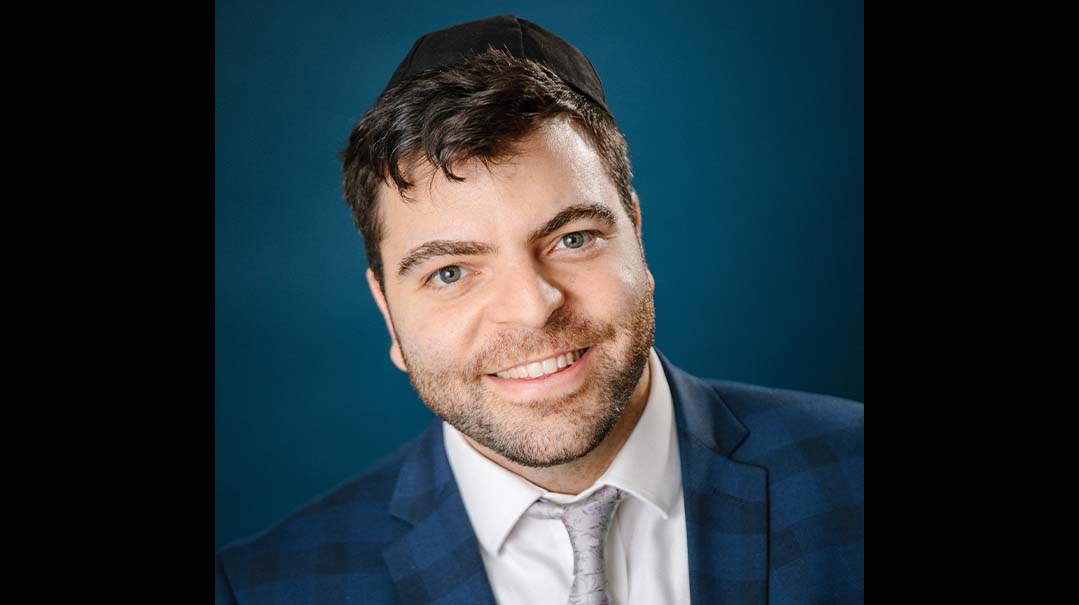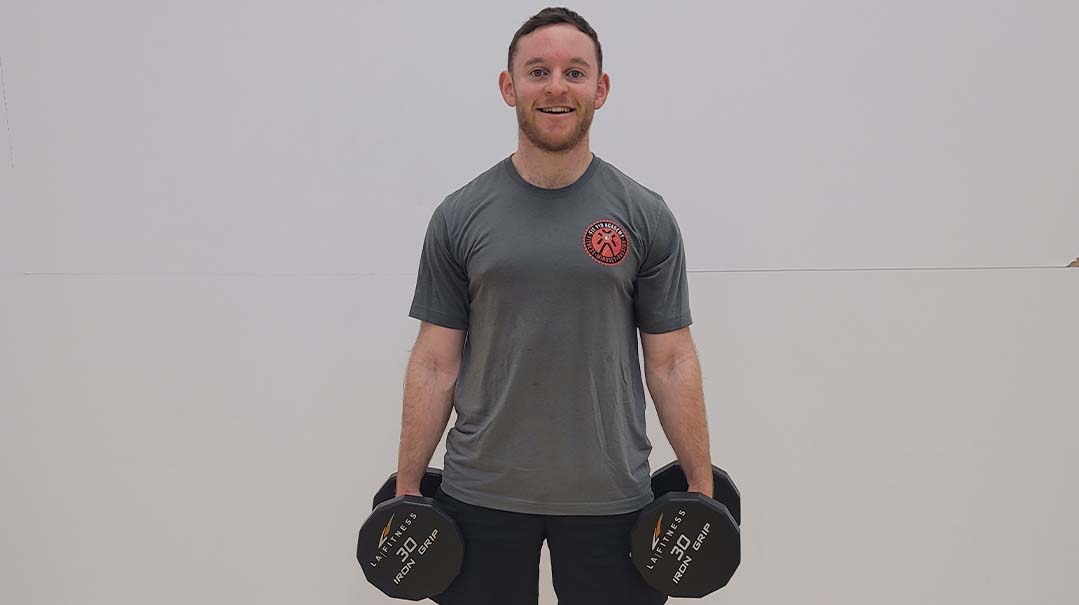Ten Questions with Dr. Barry Dinner

Dr. Dinner is the director and primary physician at the Be Young Clinic in Ramat Beit Shemesh, where he practices anti-aging and functional medicine
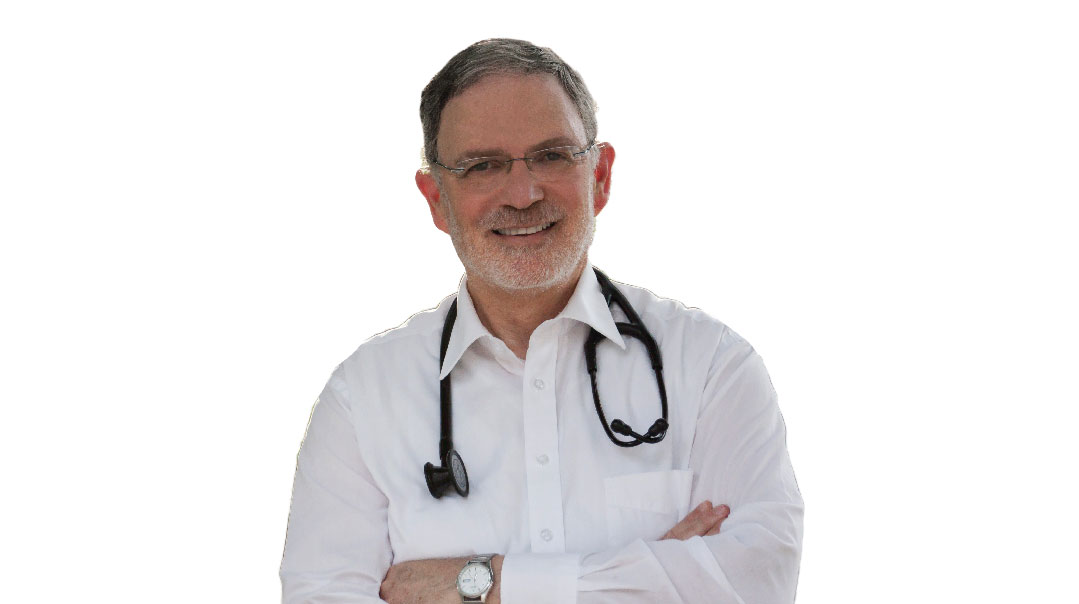
1. What is anti-aging and functional medicine?
It’s an advanced field of medicine where we treat people and conditions from the root cause. For example, if someone has an autoimmune disease, according to conventional medicine, you’d use drugs to suppress the body’s immune system. In functional medicine, we’ll search for what set off the immune response — a gastrointestinal problem, an allergy, or even a low-grade infection — and repair that. This works best with Alzheimer’s and memory problems, cardiovascular disease, menopause, and prevention of age-related problems, and those are the areas we focus on most.
2. What question do you get all the time?
“Is this alternative medicine or conventional?” Answer: both. Many conventional drugs are lifesaving, and we use all aspects of conventional medicine that are useful and healthy. We also use many natural treatments that have scientific or proven benefits, so we encompass the best of both worlds in a scientific and rational way. For example, coronary artery disease can cause a heart attack. We use natural supplements that improve vascular health, as well as drugs like ACE inhibitors or statins in some cases. In other words, we treat all things that cause damage to the arteries, with all different sorts of treatments.
3. How can diet and lifestyle change fix Alzheimer’s?
I follow the program of Dr. Dale Bredesen, a neurologist in the United States who has isolated 36 factors that lead to the buildup of amyloid in the brain, which is what causes Alzheimer’s disease. Dr. Bredesen has reported success in detecting which factors exist in a particular patient and treating accordingly, and we follow his protocol.
4. How do you respond to suspicions of quackery?
Firstly, the physicians and professors who run these programs are world renowned — their names carry a lot of weight. Secondly, everything we do is scientifically based. We know the scientific function of all the natural products we use, so there is no quackery. The sad thing is, many people are unaware of this field of medicine. Conventional medicine is stuck in a box of evidence-based medicine, largely based on drug trials; if a drug works, that’s the solution. Physicians who haven’t learned functional medicine can’t adapt to the fact that finding the root cause and correcting it is much more effective than prescribing a drug. That being said, there is increased awareness in conventional medicine to adopt functional medicine methods; the Cleveland Clinic, for example, has integrated a functional medicine unit. We see that in the frum community as well — we’re generally open to alternative measures and willing to try.
5. What are danger signs in an alternative practitioner, things people should be wary of?
If someone claims to treat everything, including cancer, run in the other direction. Also steer clear of a practitioner who is overly confident and has no humility, or who isn’t able to clearly explain the scientific or proven basis to the treatment he’s recommending.
6. Who was your most memorable patient?
A 58-year-old with severe cardiovascular problems — that’s young for issues of that nature — who just couldn’t lose weight or improve her coronary artery disease. High cholesterol, high blood pressure, diabetes, and smoking aren’t the only causes of cardiovascular problems, though those are the classic risks that lead to heart disease. There are less-known factors like hormone imbalance, inflammation, toxins, and stress, and we address those. When this patient joined our program, we noticed that it wasn’t only high cholesterol that was causing her problem, but also a hormonal imbalance. We helped decrease inflammation in her body with supplements like curcumin and boswellia. She also worked with our fitness coach to build her strength, and she followed our stress management program to identify causes of stress in her life and manage them so she could decrease her stress level. For the first time ever, she lost weight and her cardiovascular issues improved.
7.What’s your personal health regimen?
Daily exercise including strength training and aerobics, and a healthy nutrition regime. I do stress management — I’m actually writing a book about it — so I’m never in stress mode for longer than a short while. I do meaningful, value-based activities daily in my relationships and at work. My studies are meaningful, and I think make a positive contribution, which has a healthy effect. And I take six supplements a day.
8. Can someone overdo exercise and health supplementation?
Of course! You need to be careful — exercise needs both high-intensity days and recovery days with lighter exercise, and supplements should be taken as needed on an individual basis, not at random. That’s where someone with a medical background and knowledge of the field can help.
9. How did you get into this field?
I spent many years in family practice in South Africa and in Israel, treating thousands of patients, and for a physician, one of the most satisfying accomplishments is to make an accurate diagnosis and prescribe the cure. However, I always felt somewhat limited in my ability to treat many conditions, because I had quite a number of patients who repeatedly complained about weakness, fatigue, headaches, and weight gain. They’d go through a panel of many tests and appointments with specialists, but often no cause was found, and we’d have to give a vague diagnosis: viral illness, chronic fatigue, stress. A number of years ago, I did a fellowship in anti-aging medicine at the American Academy of Anti-Aging — there are various centers in the US, run by a group of noted physicians and healthcare providers. An exciting world opened up for me there, and the science of anti-aging medicine, which is based on functional medicine, became an integral part of my practice.
10. What’s the best feedback you’ve ever gotten?
I’ll never forget when a patient who did the Alzheimer’s/brain program said, “I’ve got my brain back!” after a few months on the program. She’s 69 years old, and she did the program we recommended of diet, lifestyle change, and specific supplements. They helped reverse many of her cognitive loss symptoms — her condition stopped deteriorating, and she’s actually been able to continue working as a mental health professional.
(Originally featured in Mishpacha, Issue 785)
Oops! We could not locate your form.







